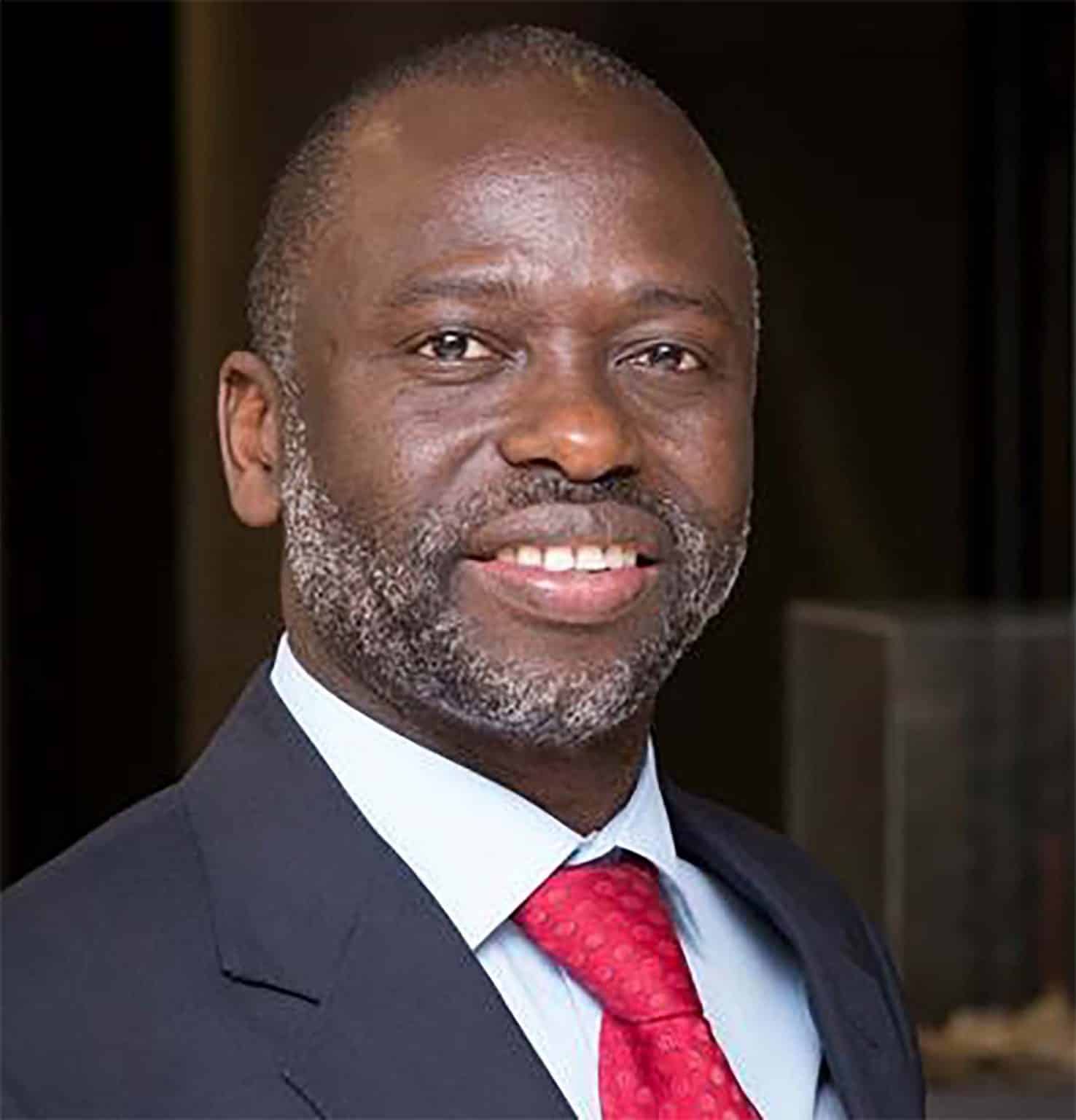
26 July, Tokyo ― The United Nations University (UNU) is pleased to announce that Prof. Tshilidzi Marwala of South Africa, currently Vice-Chancellor and Principal of the University of Johannesburg, has been appointed as the next Rector of UNU.
Prof. Marwala will take office as Rector of the United Nations University on 1 March 2023 for a five-year term, succeeding current Rector Dr David Malone (2013‒2023). In the role of UNU Rector, Prof. Marwala will hold the rank of Under-Secretary-General of the United Nations. He will be based at UNU Headquarters in Tokyo.
The official announcement of Prof. Marwala’s appointment was made by United Nations Secretary-General António Guterres in New York on 25 July. As stipulated by the UNU Charter, the UNU Rector is selected and appointed by the Secretary-General of the United Nations in consultation with, and with the concurrence of, the Director-General of the United Nations Educational, Scientific and Cultural Organization, chosen from a panel of candidates nominated by the UNU Council.
The Secretary-General said of the appointment: “I look forward to working with Tshilidzi Marwala, drawing on his expertise, and benefiting from UNU’s thought leadership as we work towards fulfilling Our Common Agenda while building on the successful work of his predecessor, David Malone, under whom UNU evolved into the UN’s policy-focused think tank, trusted by UN agencies, Member States, and many others.”
Since 2018, Prof. Marwala has served as Vice-Chancellor and Principal of the University of Johannesburg (South Africa), a university of more than 50,000 students and nearly 6,000 academic and support staff. His previous positions with the University of Johannesburg included Deputy Vice-Chancellor, Research and Internationalization (2013‒2017) and Executive Dean, Faculty of Engineering and Built Environment (2009–2013).
Prof. Marwala previously had served as Associate Professor and then full Professor at the University of Witwatersrand (South Africa; 2003‒2008); as Executive Assistant to the Technical Director, South African Breweries (2001–2003); and as Post-Doctoral Research Associate, Imperial College (UK; 2000–2001).
Prof. Marwala is the author of more than 20 books ― most recently, Leadership Lessons from Books I Read (2021) and Closing the Gap: The Fourth Industrial Revolution in Africa (2020) ― as well as dozens of book chapters, journal papers, and conference papers. He has also published more than 200 magazine articles and newspaper op-eds, primarily on topics of artificial intelligence, big data, and the fourth industrial revolution.
Prof. Marwala holds a PhD degree in Engineering from the University of Cambridge (UK), as well as a Master of Engineering degree from the University of Pretoria (South Africa) and Bachelor of Science degree from Case Western Reserve University (USA).
On behalf of the governing Council of the United Nations University, Council Chair Prof. ‘Funmi Olonisakin said of the appointment: “I wish Prof. Marwala a warm welcome and look forward to working with him in realizing the important mission of UNU as a convenor and in bringing the research and policy communities in the Global South and North closer together.”
The United Nations University, with headquarters in Tokyo, Japan, was established in 1975 as a global research and teaching organization; UNU currently has institutes in 12 countries worldwide. The overarching goal of the University is to contribute to global sustainable development that will enable both present and future generations to live a decent life in peace, freedom, safety, and good health.
In carrying out its work, UNU focuses on research, teaching, and capacity building, and provides science-based advisory services as a United Nations system think tank. UNU maintains close cooperative relationships with other United Nations system organizations (agencies, programmes, commissions, funds, and convention secretariats) and works in both formal and informal partnerships with leading universities, research institutions, and public sector organizations all over the world.
Welcoming his successor, UNU Rector David Malone said: ”I am delighted to be succeeded by a very distinguished academic leader from the Global South, and will ensure an orderly and productive transition that will serve UNU’s mission, research, and excellent team and, of course, my designated successor as he prepares to join UNU on March 1, 2023.”